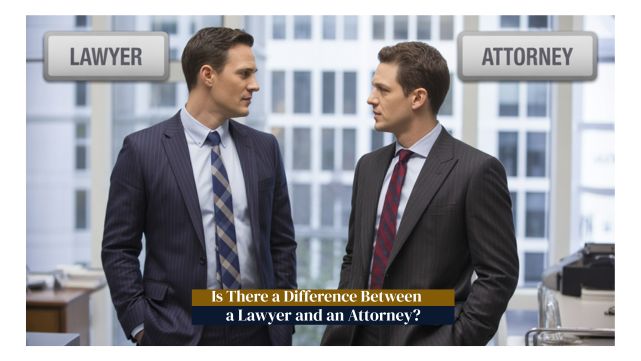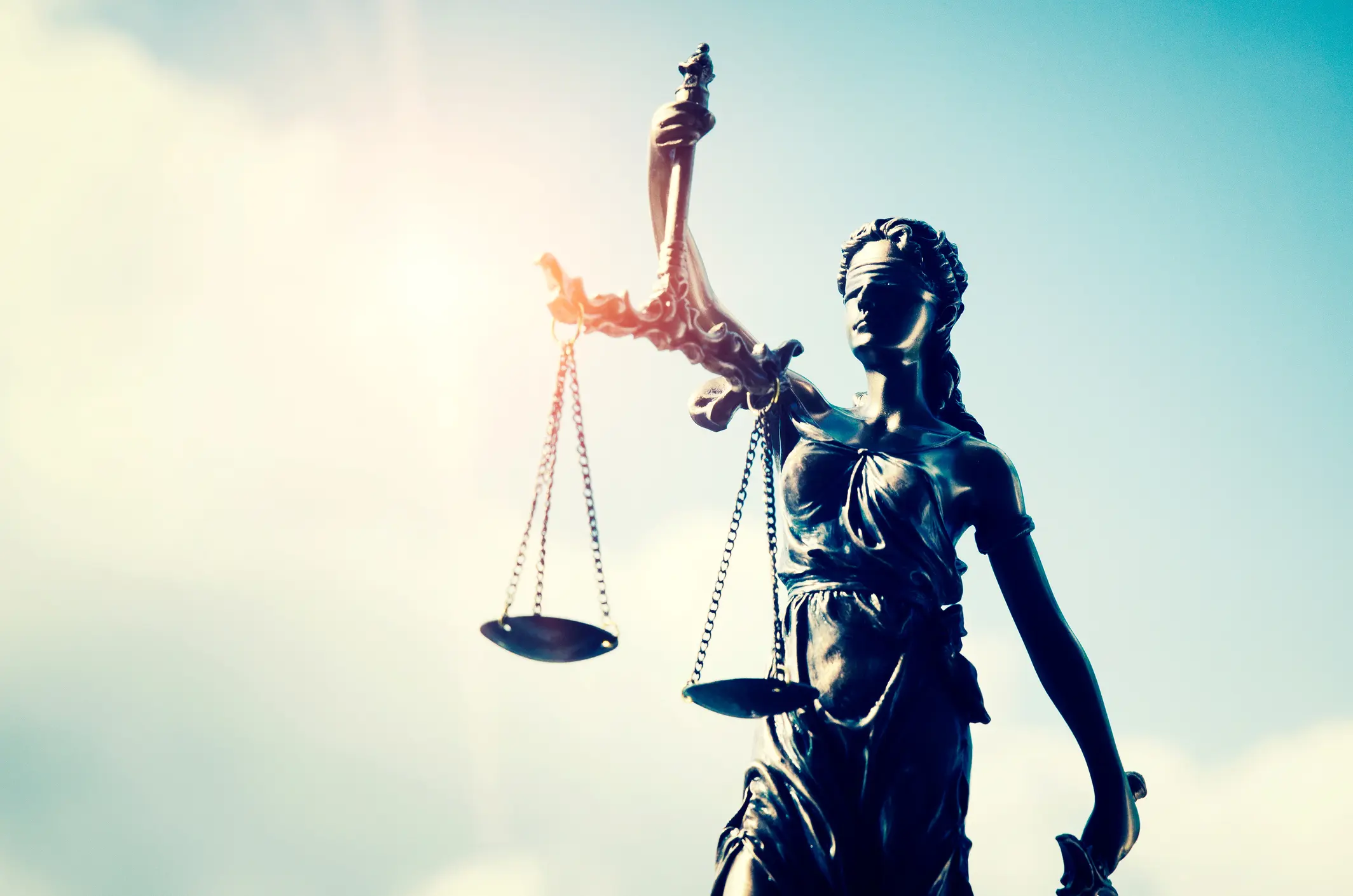Motorcycles are popular everywhere in the United States, thus it is all the more important to know what to do after a motorcycle accident. The majority of the craze for riding a motorcycle lies in the freedom, views, and exhilaration that riding affords. Hitting the road in full throttle feels enthralling.
Significantly, the thrill of riding a motorcycle through the scenic landscapes of Colorado Springs can be unmatched. You may often forget to slow down and invite dreadful situations in that turbocharged spirit.
Regardless of the intensity and degree of damage, motorcycle accidents knock on the door. It arrives at the most unexpected time and can turn your life upside down. It’s not just about injuries but also the legal complexities of the accident.
In this blog post, we have detailed what to do after a motorcycle accident and shed light on the steps that can enable you to minimize legal troubles, injuries, and further dangers. Stay tuned and read the steps to lay the groundwork for a smoother path to recovery!
1. Stay Calm and Move to a Safe Location in the aftermath of a motorcycle accident in Colorado Springs
Handling a motorcycle accident is not a cakewalk at all. The immediate aftermath of a crash accident is a chaotic mix of adrenaline, shock, and the potential for further danger. In this critical moment, all you need to do is stay calm and take control of the situation. Doing this can significantly impact your well-being and the event’s outcomes.
Firstly, prioritize your safety. If you are able, assess the situation around you. If your motorcycle is blocking traffic or posing a life risk, move it to a safe location off the road. If you cannot move the motorcycle, wait for help to arrive.
Be aware of your surroundings for oncoming traffic and avoid lingering in a dangerous spot. Next, check yourself for injuries. Do you know adrenaline can make you feel less pain for now? However, self-evaluation is crucial. We suggest you look for bleeding, deformity signs, or anything that feels out of place.
You may not feel any immediate pain but don’t dismiss the possibility of injuries. Shock can delay the onset of pain, and some injuries, like internal bleeding, might not be readily apparent. If other people are also involved in the accident, check their well-being. However, avoid moving anyone who appears to have serious injuries, especially to the head, neck, or back. It could worsen their condition if you move them incorrectly.
2. Get Any Necessary Emergency Medical Attention
One of the most critical steps after a motorcycle accident in Colorado Springs is seeking medical attention. Even if you cannot feel any pain or see any visible injury, you need to seek medical help. The human body is complex, and sometimes internal injuries don’t present immediate symptoms. A medical expert can comprehensively evaluate and find any underlying issues requiring treatment.
Explain the details of the accident to the medical professionals, including any minor pain you are experiencing. Do not forget to mention that if you have briefly lost consciousness at any point. This information is vital for the doctors to make an accurate diagnosis and create a treatment plan.
The medical expert will then perform a physical examination and order X-rays or other imaging tests. It’s because he needs them to check your vital signs. Depending on the severity of your injuries, you might need stitches, medication, or even surgery. Once you start following the doctor’s instructions, you will recover faster.
Remember, wondering what to do after a motorcycle accident is quite normal. But what’s not normal is your health condition. We recommend staying calm to ensure your safety and get proper medical attention.
3. Gather the Vehicle Information and Insurance Information of the Other Party
Immediately after a crash, the scene of a motorcycle accident is dreadful. There is a high chance that you will need to remember to secure crucial information from the other party. This information is the foundation for police reports, insurance claims, and legal proceedings.
Nonetheless, the way you respond to a motorcycle accident matters a lot for your future mental, physical, and legal well-being. Here is how you can effectively gather the insurance and vehicle details you need:
- Vehicle Details: Note the make, model, and year of the other vehicles involved in the accident. Also, take down the license plate and number. Double-check each detail for accuracy to avoid any misidentification later.
- Driver’s Details: Driver’s contact information with the other driver, including their full name, current address, and phone number.
- Insurance Details: Request the driver’s insurance driver’s name and policy number. If possible, you can also take a picture of their insurance card with your phone for easy reference.
This seemingly mundane task of collecting information lays the groundwork for resolving the situation effectively. With accurate vehicle details, you can ensure the proper parties are contacted, and you will have a clear idea of what to do after a motorcycle crash. The insurance information can enable you to file a claim to recover motorcycle damages and other medical expenses.
4. Never Give Statements Or Sign Releases after a Motorcycle Accident in Colorado Springs
It’s one of the most critical motorcycle accident dos and don’ts. After a motorcycle accident, when the adrenaline is pumping, you might be tempted to explain what happened or apologize out of courtesy. However, exercising caution with your words is paramount. Here is why:
- Avoid Speculation: The cause of the accident might not be immediately apparent. We suggest you refrain from making any statements that indicate admitting fault. It’s the police’s responsibility to conduct a thorough investigation to determine what exactly happened. You may even lose your license, be in jail, or pay hefty compensation.
- Focus on Facts: If the other drivers or bystanders question you, limit your responses to information. Describe what happened from your perspective without assigning blame.
- Don’t Sign Release Without Legal Counsel: Insurance companies might attempt to obtain a signed release from you soon after the incident. This release might limit your ability to seek full compensation for your damages. So, prior to signing any documents, it’s advisable to consult a lawyer who can advise you on your rights and ensure your best interests are protected.
Remember that the information you provide can significantly affect the situation’s outcome. If you remain objective, you can safeguard your rights to receive a favorable solution.
5. Take Pictures And Make Notes
Your emotions are supposed to run high after a motorcycle accident. We understand it isn’t easy to think logically or act rationally during that time. Nevertheless, you must gather as many shreds of evidence as possible. Why? This might be vital when filing an insurance claim or taking legal action.
Your smartphone can be a powerful tool in this situation. Take a comprehensive set of photographs of the accident scene. Capture images of your motorcycle from all sides. This will help you show the extent of the damage. Include any skid marks on the road, debris scattered around the area, and traffic signals or relevant signs.
If other vehicles are involved, take pictures of them as well, capturing license plates and sustained damages. Beyond photographs, detailed notes can be equally important. It’s one of the most fundamental things to do after a motorcycle crash!
Jot down the time, date, and exact location of the accident. Describe the weather conditions, including visibility, road surface (wet, dry, etc.), and any lighting factors.
Note down the contact information and the names of any witnesses who might have seen the accident. You should document your physical condition as well. Describe any pain or injuries you are experiencing, even if they seem minor. Documented injuries like this can help establish the cause of the accident by protecting your interests.
6. Report The Motorcycle Accident To The Police
When deciding what to do after a motorcycle accident, you may think several times, “Should I talk to the police?” Let us tell you that involving the authorities is essential. Their primary function is to ensure everyone’s safety and begin an investigation to determine how the accident occurred. When the police arrive, cooperate fully and answer their questions honestly.
Provide a factual account of the events leading up to the accident, although avoid blaming anybody. The police will file an accident report, an essential document for your insurance company, and any potential legal case.
The report will typically include details about the parties involved, their statements, descriptions of the vehicles, and any damage. It will also include a diagram of the accident scene.
Do you know you have all the rights to request a copy of the police report, and is it wise to do so? It’s your records. So, do not hesitate to call the police as soon as possible after a crash. Reporting the accident to the police ensures a proper investigation and creates an official event record.
7. Contact An Experienced Motorcycle Accident Lawyer
Following a motorcycle accident, especially if you have sustained injuries, consulting with an experienced motorcycle accident lawyer is a wise decision. These specialized legal professionals understand the unique complexities involved in motorcycle accident cases.
Here’s how a motor accident lawyer can assist you after an accident:
Understanding Motorcycle Laws: Motorcycle laws differ from those governing car accidents in Colorado. An experienced attorney in motorcycle accident law can protect your rights. He can also advocate for the total compensation you deserve.
Investigating the Accident: A skilled motorcycle accident lawyer can thoroughly investigate the accident. He would strive to gather strong evidence beyond the police report. This might involve interviewing witnesses, obtaining video footage from nearby security cameras, or consulting accident reconstruction experts.
Negotiating with Insurance Companies: Insurance companies are notorious for trying to minimize payouts. Yes, you can handle these hassles alone, but eventually, it will drain your energy.
An experienced lawyer, however, understands insurance adjusters’ negotiate on your behalf. He will ensure you receive a fair settlement reflecting the full extent of your damages.
Representing You in Court: If the insurance company cannot reach a fair settlement, your lawyer will be prepared to represent you in court. Their experience in personal injury litigation will be invaluable in presenting your case to a judge or jury.
Motorcycle accidents can result in severe injuries and significant financial losses. It’s a veteran lawyer who can shoulder the legal burden during this challenging time, allowing you to focus on your recovery. Don’t hesitate to consult with an experienced motorcycle accident attorney to discuss your case and explore your legal options.
Find An Expert Motorcycle Accident Attorney Today!
We hope your search for what to do after a motorcycle accident in Colorado is over! It’s a MUST to keeIt’slm and follows these necessary steps after facing a crash.
Are you hurt in an accident? At McDowell Law Firm, we understand the physical, emotional, and financial toll a motorcycle accident can take. If you have been injured in a motorcycle accident in Colorado Springs or the surrounding area, don’t navigate the system alone. Our experienced team will fight aggressively to safeguard your rights.
We have a proven record of success in handling motorcycle accident cases. Our attorneys have in-depth knowledge of Colorado motorcycle laws and insurance regulations. They can build a strong case for you that maximize your recovery. We’ll handle all the complexities of your case!
We do everything from gathering evidence and negotiating with insurance companies to taking your case to court if necessary.
Throughout the process, we’ll provide personalized attention and keep you informed of every step. You will have direct access to your attorney, and we will answer any questions you have promptly. Do not hesitate to contact McDowell Law Firm today for a free consultation. Let us help you get back on the road to recovery.



